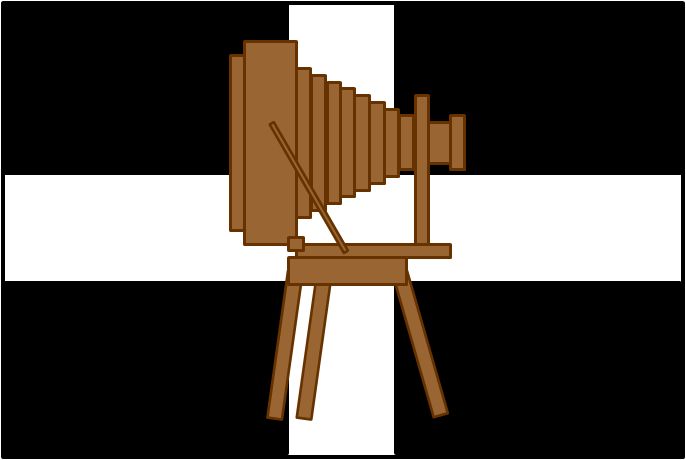Photographs taken 2005
Delabole Slate Quarry - perhaps the most famous feature of Delabole - is over 500 feet deep, and it has been used for quarrying slate since at least Elizabethan times, and likely as early as the thirteenth century.
In the early days of the quarry, there were originally five separate pits, and these endeavours were brought together as one operation in 1841. Hundreds of slate quarrymen were originally employed for digging, drilling and blasting the slate, and then hand splitting them into usable sizes for roofing and suchlike, but today, only five men are required to work in the massive pit itself, with the advent of modern quarrying techniques and the use of in-situ diamond saws. This also removes the need for any more unsavoury and extensive waste material heaps, which have now been left as a historic legacy to return to nature. These five men are able to extract an average of 120 tonnes of slate blocks each and every day - from blocks which can be "sawn" from the quarry face as large as 600 tonnes each, prior to further sawing and processing.
Delabole is a curious name, possibly deriving from "delyow" meaning stream. It has also been suggested that "bole" comes from "pit", as in the old quarry pit, but this is not confirmed - "pit by the stream"? The name itself is pronounced Dela-BOWL, not by the way, as D'LAB-o'LEE... not recommended if you pronounce it that way when asking for directions on how to get there!
Nearby the village, is not only the deepest man-made hole in Britain, but also the first commercial wind-farm constructed in Britain. Cornwall now has a proliferation of such wind-farms, that now threaten to over-run the landscape with giant windmills of dubious electricity generating potential.

The "Delabole Hole"

The Delabole Slate Quarry at work - the present working quarry face
is to the right
Just above the deep slate quarry, in an old meadow in the slate-strewn landscape, can be found a stone circle, of mysterious, but somewhat more modern origins!



Connect with us, Like us and Follow us on Facebook!
PhotoFile Cornwall supports CoaST and Sustainable Tourism